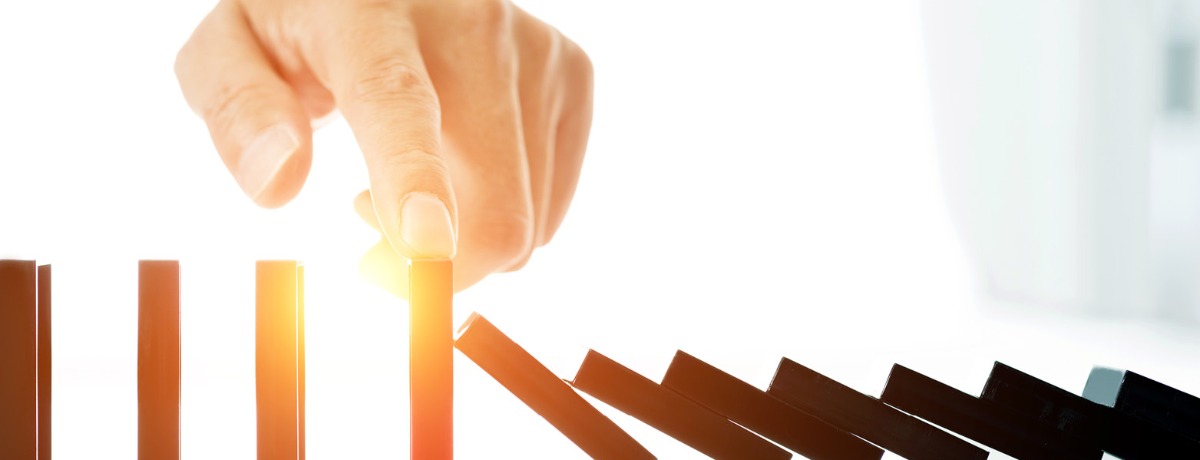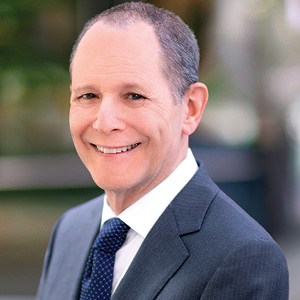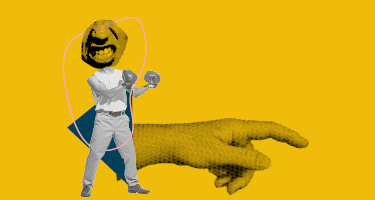For Evgeny Raschevsky of Egorov Puginsky Afanasiev & Partners–Russia’s 2020 “Law Firm of the Year” winner in Arbitration & Mediation–the changing landscape of global trade, international arbitration, and emerging technology startups has put their extensive worldwide knowledge to the test. In an interview with Best Lawyers CEO Phillip Greer, Raschevsky discusses how the firm’s working relationships allow them to adapt to different arbitration venues, the complexities of cross-border trade, and how dispute resolution is rapidly shifting.
Best Lawyers: Your firm's dispute resolution practice has been lauded as one of the top in Russia and in the world, including your recognition as “Law Firm of the Year” for Arbitration and Mediation by our firm, Best Lawyers. Can you discuss the challenge of maintaining the complex understanding of a variety of international arbitration rules and regulations?
Evgeny Raschevsky: First of all, we try to keep a deep expert understanding of the most popular arbitration venues and rules among Russian clients or consumers. That would be the Court of ICC (International Chamber of Commerce ), LCIA (London Court of International Arbitration) Stockholm, sometimes Swiss rules, now, more frequently, Singapore, and Hong Kong. Also, there are certainly several Russian arbitral institutions, some of them established recently, some of them working since many years ago, whose rules we do apply .
If jurisdiction where arbitration takes place using UNCITRAL model law as arbitration law, we can easily identify key issues and procedures because the Russian law is also based on the UNCITRAL trial model law. If, however, the situation is different and for instance, like in the U.K. or in India, there is a unique arbitration act, we either rely upon our own legal expertise, or on prominent local counsel. We have U.K. qualified lawyers, and we have French qualified lawyers in our team, and we have U.S. qualified lawyers.
We are unique among Russian law firms having all variety of legal cultures and specialists. We have an Austrian partner in Moscow and, of course, we have offices which help us to build up this expertise. Also, we rely upon local counsel, if it's some unique, niche expertise, in say India or Hong Kong, for example. But, of course it's a challenge and we understand that arbitration or dispute resolution lives not only in books or legal databases but in living legal practice and knowing local specialists: Knowing who are local adjudicators, who are the most preferred and popular arbitrators, who are the judges who handle Russia-related disputes most frequently and then closely follow the judgment, the decisions, and the developments of legal practice to be up to the top and to the speed of various developments.
Expanding upon that, how does your firm stay agile against competitors such as lawyers in the U.K., U.S. and, France?
ER: I think we hold quite a unique position because we have started building out of the firm more than 25 years ago. We started to build it up from the beginning, focusing on international legal services standards and best practices in the U.K. and U.S., and this helps us to compete successfully against international law firms who are our main competitors in international dispute resolution and who are all present in Moscow. We do invest in people—we invest quite a lot. We bring up our own people and most of our partners, counsels, and senior lawyers, including those who have dual qualifications in Russian and foreign jurisdictions. They were grown up in our firm and some of them leave sometimes or move to different positions, which helps us to keep up a network of people, former alumni, who are all around and who we can cooperate with in different areas.
Also, we rely upon long-term cooperation with our best friends. We don't have any exclusive partnership or cooperation in any jurisdiction. We normally rely upon the best people in their practice areas in each country, whether it be dispute resolution or corporate. Through the years, we handled many successful contentious matters with the best representatives of dispute resolution teams all over the world, in Europe, in U.K., in Asia, and in the U.S., of course. This is the philosophy of the firm, picking out best people. If our cooperation proves to be fruitful, we recommend them for future projects. In this case, I would say we are quite conservative in good sense, meaning that, if our cooperation brings good results for the clients, we try to stick to it and develop it and develop expertise with our best friends in various countries.
Cross-border trade continues to grow and expand becoming more complex every year. Can you talk about the increased importance international arbitration takes on with this expansion?
ER: Cross-border disputes wouldn't be able to survive without arbitration, because arbitration is neutral. We made a study last fall among our clients, among Russian general counsels, and law firm practitioners on their preferences of dispute resolution. We found that there is a growing tendency and popularity of Singapore and classical arbitration forums like LCIA and Stockholm that are still very popular. There is a slight decline of popularity of the ICC, but overall, arbitration is the preferred method of Russian producers or traders when they have to sign an international transaction with foreign counterparties, and I don't see any alternatives.
There are few examples when international disputes are sent to the High Court of Justice in London for adjudication, but I would say that mostly this concerns shareholder disputes governed by English law where there is a long, long running relationship which needs to be changed or transformed. But, we need to keep in mind that a High Court of Justice through the last, I would say, 20 years, played quite a unique role as adjudicator of Russia related commercial disputes, on parallel with the arbitration institutions, which I mentioned.
Are there any other significant changes in policy you think would be important in shaping the firm's approach to international dispute resolution?
ER: I would, of course, keep my eye on the various measures of local protectionism in development like what can arise from Brexit, for example, or U.S./China trade negotiations. We have to keep our eye on developments of sanction regimes in various countries, which are a reality of our times.
On the other hand, we have these unique 21st century business startups and opportunities like cryptocurrencies, for instance, which also shape the environment of dispute resolution markets. The development of modern technology will inevitably change the dispute resolution scenery quite substantially, I think, in the near future.

































